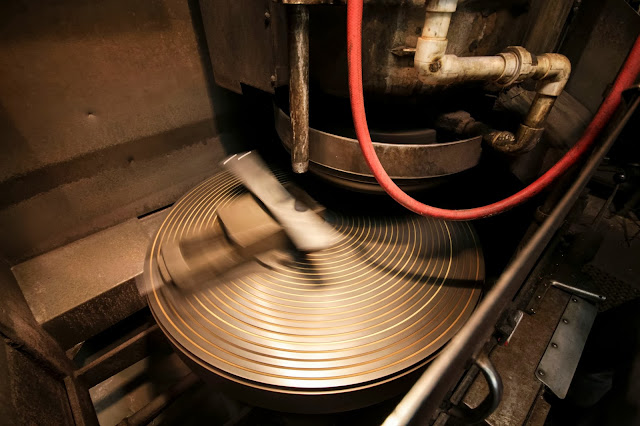The reason I bring this up is that I see it happen in my industry, architecture/AEC, on a continual basis. When I bring it up it's often viewed as an opinion when in reality it's econ 101 material, so here goes.
Most people hold a bias known as
money illusion. The gist of it is that people tend to focus on the
nominal cost (literally the number after the dollar sign) of something as opposed to the real cost (the purchasing power of our earnings). But to understand why not receiving an annual raise is the exact equivalent of getting a pay cut it helps to understand a related phenomenon known as sticky prices/wages.
Sticky prices is the idea is that the price of a good/wage moves easily in one direction but not the other. For example, say you're a gas station owner and you order a tanker of gasoline at a certain price. The next day gasoline prices go up ten cents. You raise the price accordingly since it's now worth more. The next day the price of gas drops twenty cents making it ten cents cheaper than where you bought it at. You most likely won't drop the price you charge below that of what you paid until you sell all your inventory. This is a sticky good.
Workers are much the same way. Raises are readily accepted whereas pay cuts are not. Most workers would either leave their job or prefer that some of their coworkers were fired as opposed to take any significant cut in pay. This is known as downward nominal wage rigidity (if that fascinates you
here you go), but I think sticky wages has a better ring to it.
So say you're an employer and in a down economy you can't afford to give your employees raises. What do you do? Nothing. One year goes by. Then two. If you stopped giving employees raises in 2008 how much would their earning power be at the start of 2013?
Roughly $0.92 (
source). And that's not too bad. Inflation has been really low in the last few years
1. Anyways, that's how you cut employees salaries without them noticing. Inflation and ignorance.
1 - 2008 - 0.1%, 2009 - 2.7%, 2010 - 1.5%, 2011 - 3.0%, 2012 - 1.7%.
Source.
2 - The Social Security Administration
uses these same numbers.
3 - Krugman has some
nice graphs showing how this has happened over recent years in the US.















